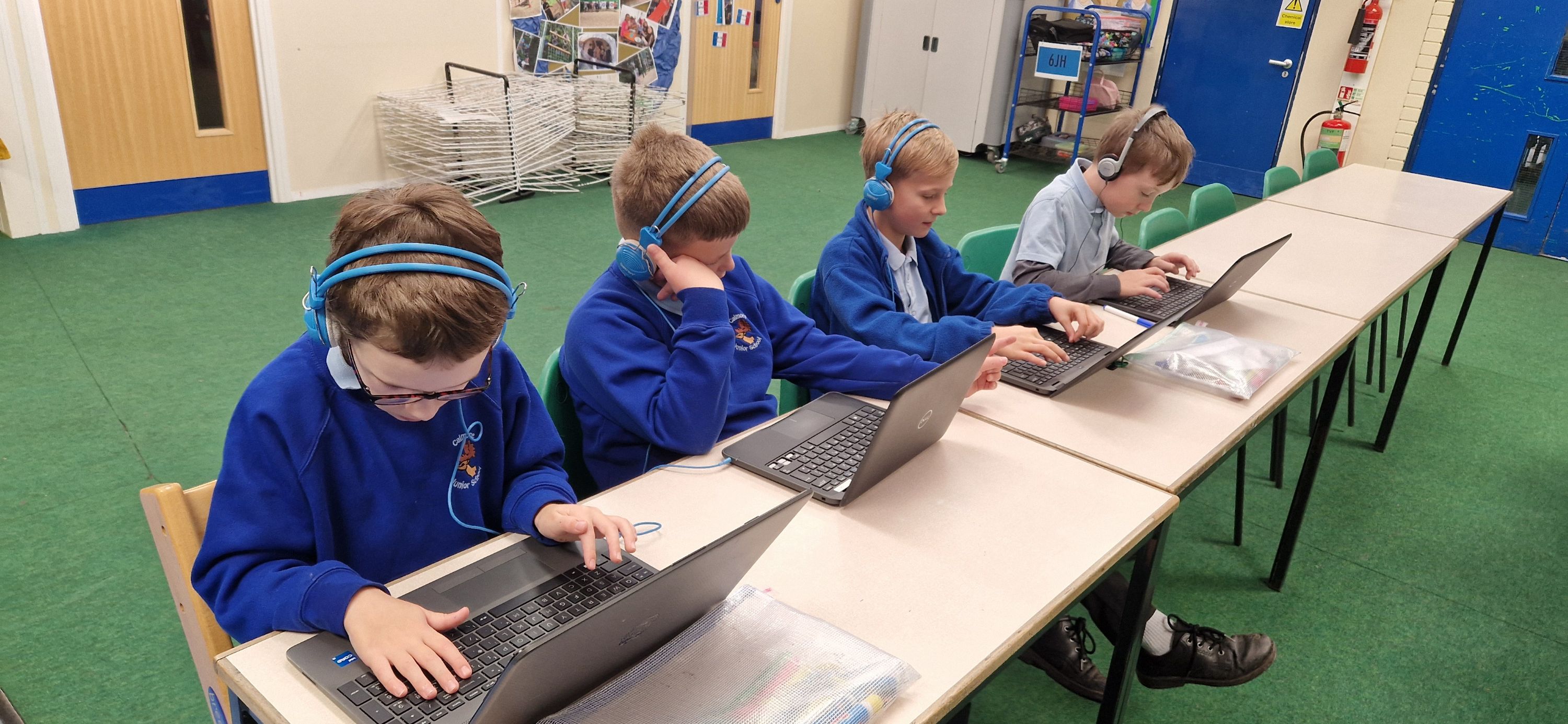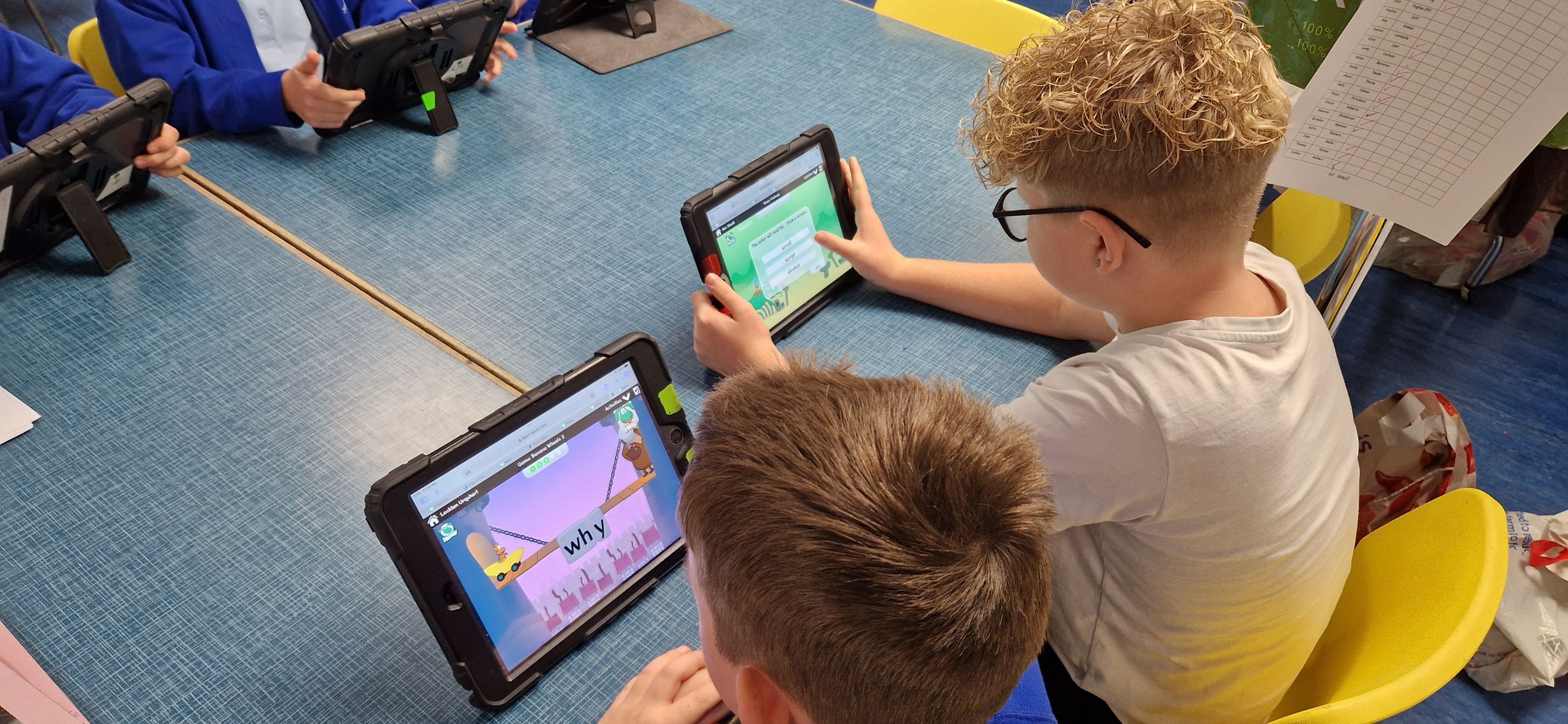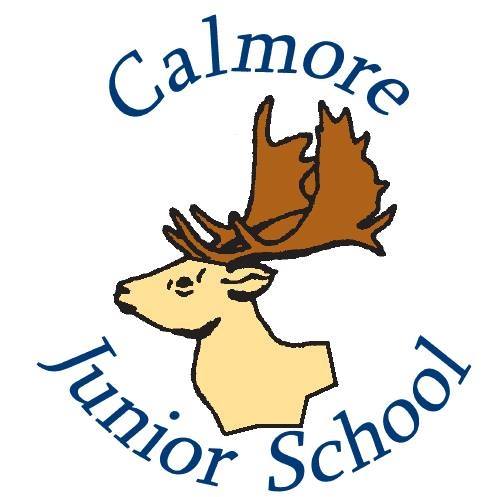Computing
Intent
At Calmore Junior School, we deliver high-quality computing education that will equip pupils to use computational thinking and creativity to understand and change the world. Computing has deep links with mathematics, science, and design and technology, and provides insights into both natural and artificial systems. The core of computing is computer science, in which pupils are taught the principles of information and computation, how digital systems work, and how to put this knowledge to use through programming. Building on this knowledge and understanding, pupils are equipped to use information technology to create programs, systems and a range of content. Computing also ensures that pupils become digitally literate – able to use, and express themselves and develop their ideas through, information and communication technology – at a level suitable for the future workplace and as active participants in a digital world.

Implementation
Using the National Curriculum, we will ensure that children receive a rich computing curriculum that build on skills and knowledge from Year 3 to Year 6. Computing will be taught in topics ensuring the integrity of the subject remains at the forefront.
Our computing topics will include our curriculum principles:
- Enrichment/Enjoyment (eg learning from experts /extending learning outside in the local and wider community)
- Depth & Challenge (A depth of experience is gained through learning computational thinking skills and other skills-eg creating/ designing/ developing/ appraising/ questioning/ experimenting/analysing/evaluating)
- Quality Outcome which gives purpose to the learning (eg leaflet/PowerPoint/Scratch programs)
- Personalisation (Giving children choice and a passion for following own lines of enquiry- choose outcome/choice of resources/choose layout/choose study route)
- Connections (eg links to prior computing topics/skills)
- Relevant to our children and context
- Purposeful (Identifying the purpose for learning and making links to real life audiences/real experiences)
- Maths (Giving children the opportunity to develop and apply previously learnt maths skills eg data handling/number/tallying/measures/coordinates)

Impact
At the end of Key stage 2 we want our children to know/understand:
- can understand and apply the fundamental principles and concepts of computer science, including abstraction, logic, algorithms and data representation
- can analyse problems in computational terms, and have repeated practical experience of writing computer programs in order to solve such problems
- can evaluate and apply information technology, including new or unfamiliar technologies, analytically to solve problems
- are responsible, competent, confident and creative users of information and communication technology.
